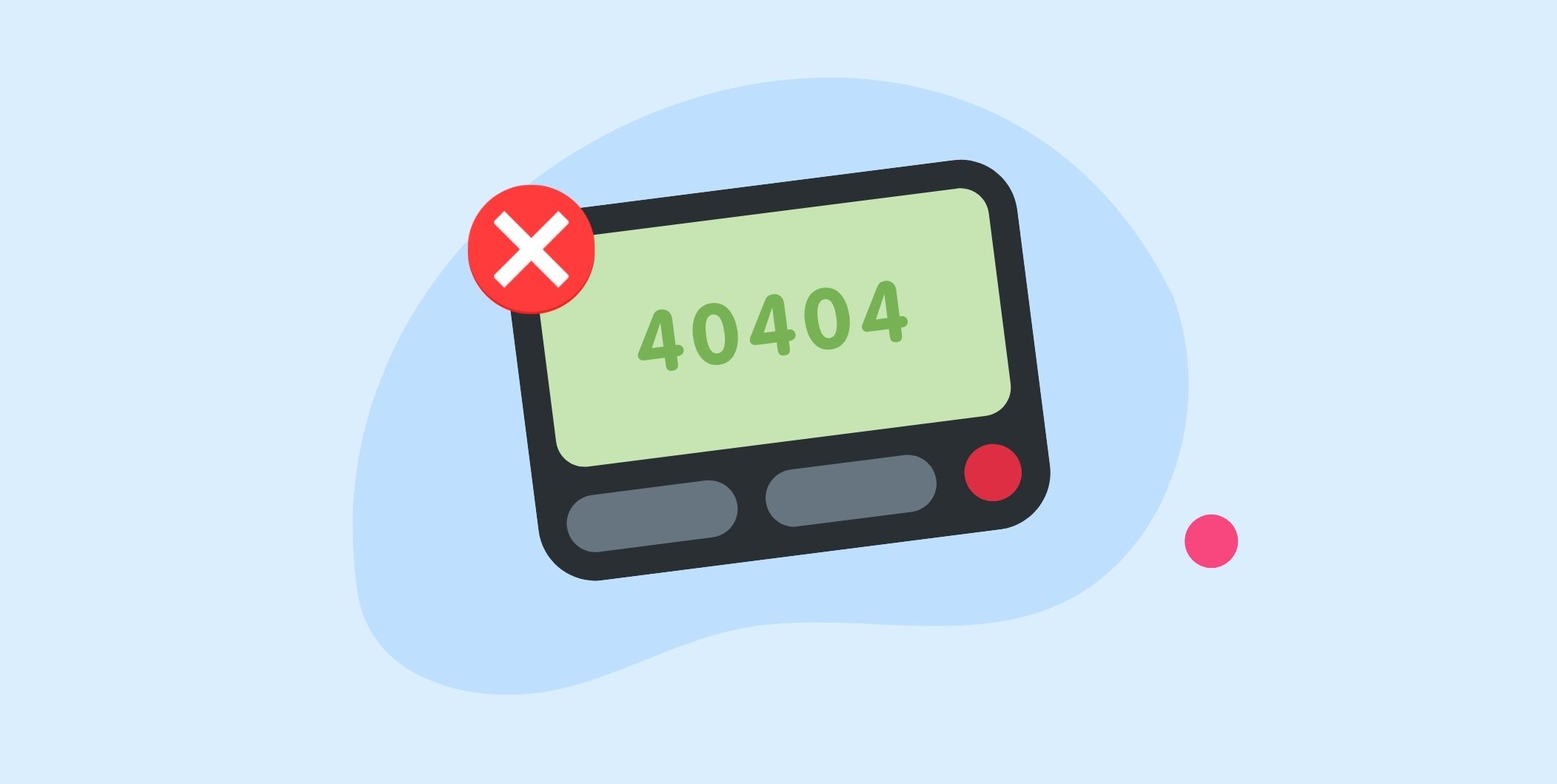Nov 5, 2025
3 Reasons to Retire Pagers from Healthcare Settings
Sep 26, 2024 - Blog
Let's discuss the trusty pager—an old favorite that’s losing its shine in hospitals and clinics. While once a staple in hospitals and clinics, pagers now present significant limitations that hinder rather than facilitate communication among healthcare professionals.
Healthcare professionals are constantly on the move, and they need communication tools that can keep up with their fast-paced lives. This blog explores the compelling reasons why healthcare settings should bid farewell to pagers.
Join us as we uncover the imperative need for healthcare professionals to embrace more advanced, secure, and efficient communication solutions in their daily practices.
Are pagers still being used in healthcare settings?
Yes, pagers are still being used in healthcare settings! We’ll discuss why that’s a bad thing.
Despite their nostalgic charm, pagers are facing scrutiny in today's healthcare environment. While some institutions still rely on them, their limitations are becoming increasingly apparent.
Pagers offer one-way communication, leading to delays in response times and hindering effective coordination among healthcare teams. Moreover, their lack of encryption raises concerns about patient information security, especially in an era where data privacy regulations like HIPAA demand robust safeguards.
As healthcare professionals strive for efficiency and patient-centric care, many are exploring more advanced communication technologies that offer real-time, secure, and two-way communication capabilities.
Related article: How Messaging Apps are Replacing Pagers for Healthcare Teams
Why should healthcare professionals stop using pagers?
Let's examine why pagers should be retired in healthcare settings. Once essential tools for communication, these devices present significant challenges in today's fast-paced healthcare environment.
Transitioning to more advanced communication technologies promises to streamline workflows, enhance communication security, and ultimately improve patient outcomes.
So, why should healthcare organizations retire pagers?
Reason 1: Pagers limit operational efficiency and care coordination
Pagers operate on one-way communication, which can lead to delays in relaying critical information between healthcare teams. This limitation often necessitates additional steps, such as callbacks or secondary communication methods to complete conversations, which can slow down decision-making processes and affect patient care coordination.
In fast-paced healthcare settings where timely responses are crucial, these delays can significantly impact operational efficiency and patient outcomes.
Reason 2: Pagers increase the chance of miscommunication
Pagers increase the chance of miscommunication due to their limited messaging capabilities, which restrict the amount of information that can be conveyed at once. Messages sent via pagers are often brief and lack the necessary context that healthcare professionals need to make informed decisions.
This brevity can lead to misunderstandings about patient care instructions, treatment plans, or urgent notifications. Critical details such as dosage adjustments, patient conditions, or procedural changes may not be adequately communicated, risking errors in medical interventions.
Moreover, the inability to ask questions or seek clarification in real time further compounds these risks. In complex medical situations where nuanced information is crucial, such as emergency care or surgical settings, this lack of detailed communication can potentially compromise patient safety and the overall quality of care provided.
Reason 3: Pagers are expensive
Beyond their initial purchase costs, pagers require ongoing maintenance, service fees, and the need for multiple devices per user. These expenses can accumulate over time, straining healthcare budgets that could otherwise be allocated to critical patient care initiatives or technology upgrades.
Moreover, indirect costs associated with operational inefficiencies caused by pager use, such as prolonged response times and administrative burdens, further contribute to their overall expense in healthcare settings.
Transitioning to more cost-effective and efficient communication technologies can alleviate these financial burdens while improving care delivery.
What can healthcare professionals use instead of pagers?
Healthcare professionals can embrace secure messaging platforms such as a viable alternative to pagers. These platforms offer real-time, two-way communication that enhances efficiency and care coordination.
Unlike pagers, which are limited to one-way communication, secure messaging platforms enable healthcare teams to exchange detailed patient information securely.
This capability supports faster decision-making, reduces response times, and promotes caregiver collaboration, ultimately improving patient outcomes.
Related article: Everything You Need to Know About Secure Messaging in Healthcare
Are secure messaging platforms cheaper than pagers?
Secure messaging platforms are generally more cost-effective than traditional pagers in healthcare settings. While initial setup costs might vary, the long-term savings are substantial.
Secure messaging eliminates the need for ongoing service fees associated with pagers, as well as the expense of maintaining separate devices per user. Additionally, these platforms can reduce indirect costs related to operational inefficiencies caused by outdated communication methods.
Investing in secure messaging platforms represents a financially sound choice for healthcare organizations looking to optimize their communication infrastructure.
Alternative to pagers in healthcare settings
Celo offers a robust alternative to traditional pagers. As a secure messaging platform tailored for healthcare teams, Celo enables real-time, encrypted communication that meets HIPAA compliance standards.
Healthcare professionals can securely share patient information, collaborate efficiently, and streamline care coordination processes—all within a user-friendly interface designed to enhance workflow efficiency.
By leveraging Celo, healthcare settings can move beyond the limitations of pagers, ensuring seamless communication that supports superior patient care outcomes while maintaining strict data security protocols.
About the Author:

Head of Marketing at Celo
Remy is a passionate and creative marketer at Celo Health, a leading company in the healthcare technology sector. As Head of Marketing, Remy plays a vital role in developing and implementing marketing strategies that highlight Celo Health's cutting-edge solutions and inform a diverse audience about the importance of secure technology in healthcare.


